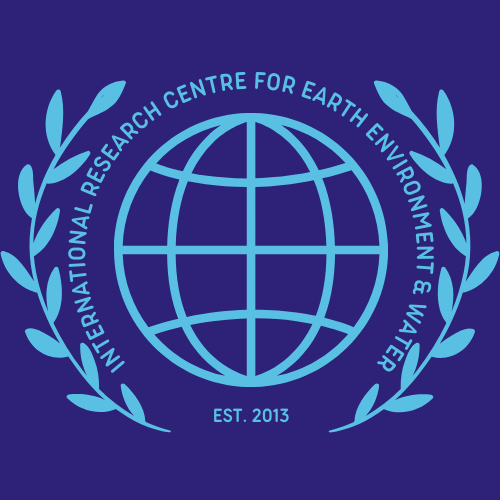Water Resources Management in Pakistan
Introduction
Water is a precondition for socioeconomic development and poverty reduction. It has become a crisis that must be addressed alongside food security and climate change. The government and other stakeholders must adopt a national water security policy proactively.
Introduction
Water is a precondition for socioeconomic development and poverty reduction. It has become a crisis that must be addressed alongside food security and climate change. The government and other stakeholders need to be proactive by adopting a national water security policy which will ensure the availability of safe drinking water in every household, both urban and rural, and provide proper sanitation facilities across the country.
This paper attempts to formulate such a policy based on the current literature review on Pakistan’s water resources management system, its institutional framework and the challenges faced in achieving sustainable goals through this framework.
Water Resources Management in Pakistan
Water resources management, or WRM, is equitably planning, developing, distributing and managing water resources.
Water is one of Pakistan’s most critical natural resources, with a large population increasing faster. Pakistan has limited water resources relative to its total area and population. Pakistan ranks number eleven of all countries on an index measuring freshwater availability and quality per capita. The country has 8% saline land (land unfit for cultivation), which varies from 6-11% depending on location within Pakistan. In addition to this amount of saline land, there are areas where groundwater levels are depleted due to overexploitation for irrigation purposes. Due to these reasons, WRM plays an essential role in ensuring enough water is available for a growing population while maintaining sustainable development practices based on national priorities.
Water Crisis in Pakistan
The water crisis in Pakistan is a severe problem for the country, as it has been throughout history. The water crisis results from mismanagement and misuse of available resources, contributing to conflict over these scarce resources.
The following are some factors contributing to this issue:
- Lack of awareness about the importance of water
- Inadequate research on how to manage existing resources better or find new sources (e.g., desalination plants)
- Lack of public participation in managing our shared natural resources
Solutions to the Water Crisis in Pakistan
The water crisis in Pakistan is a huge problem, but it’s not the only one. To manage the water resources effectively, you must consider all the other factors that affect them—such as agriculture and energy usage.
The government has started working on ways of managing and harvesting water better, such as by bringing together different departments and organizations to form a “Water Resources Management Authority.” This organization will focus on improving infrastructure and education programs related to water conservation. The goal is for this authority to be fully operational by 2020.
Water is a precondition for socioeconomic development and poverty reduction. It has become a crisis that must be addressed alongside food security and climate change. The government and other stakeholders must adopt a national water security policy proactively.
The government and other stakeholders must adopt a national water security policy proactively.
Water is a precondition for socioeconomic development, food security and climate change mitigation. Pakistan’s population has increased from 33 million in 1947 to 207 million today. The country has the world’s sixth-largest population, with an average annual growth rate of 2.5%.
According to World Bank statistics, Pakistan has only 1% of its land under irrigation. Still, nearly 80% of its cultivated area is irrigated, resulting in agriculture contributing 40% to GDP and employing 45% of the labour force (World Bank 2012).
Conclusion
The water crisis in Pakistan is a serious issue that requires immediate attention. The government must lead and formulate a national water security policy that addresses all stakeholders, from federal and provincial governments to urban and rural communities.


